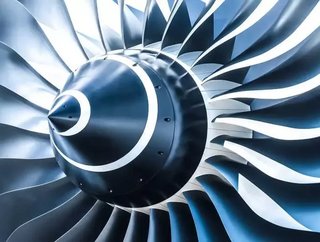Rolls-Royce acquires Siemens’ eAircraft business

British multinational Rolls-Royce has announced the acquisition of the electric and hybrid-electric aerospace propulsion activities of Germany’s Siemens.
With around 180 designers and engineers based in Germany and Hungary, Siemens eAircraft business have been developing all-electric as well as hybrid electric propulsion solutions.
Rob Watson, director of Rolls-Royce Electrical, said: “Electrification is set to have as dramatic an impact on aviation as the replacement of piston engines by gas turbines. We are at the dawn of the third era of aviation, which will bring a new class of quieter and cleaner air transport to the skies. We have already made significant strides in realising our strategy of ‘championing electrification’ and this move will accelerate our ambitions in aerospace by adding vital skills and technology to our portfolio. It brings us increased scale and additional expertise as we develop a product range of hybrid power and propulsion systems. I look forward to welcoming our new colleagues into Rolls-Royce and working with them to pioneer new technologies and solutions.”
SEE ALSO:
The acquisition comes after an existing collaboration with the eAircraft team on the E-Fan X demonstrator project, regarding hybrid electric propulsion for regional aircraft. Rolls-Royce said it would continue to work with Siemens to support CO2 reduction goals.
“To support the rising demand for air travel while achieving CO2 emissions targets, the aviation industry is developing increasingly environmentally friendly technologies and practices,” said Paul Stein, Rolls-Royce Chief Technology Officer. “The electrification of flight is just one part of Rolls-Royce’s commitment to making aviation more sustainable: we are continuing to increase the fuel efficiency of our gas turbines; encouraging the development of environmentally friendly and sustainable aviation fuels; and pursuing the electrification of aviation. We believe that pure electric, or all-electric, propulsion will power smaller aircraft in the foreseeable future, while larger aircraft will rely upon hybrid electric solutions that combine electrification with evolutions of the gas turbine.”






